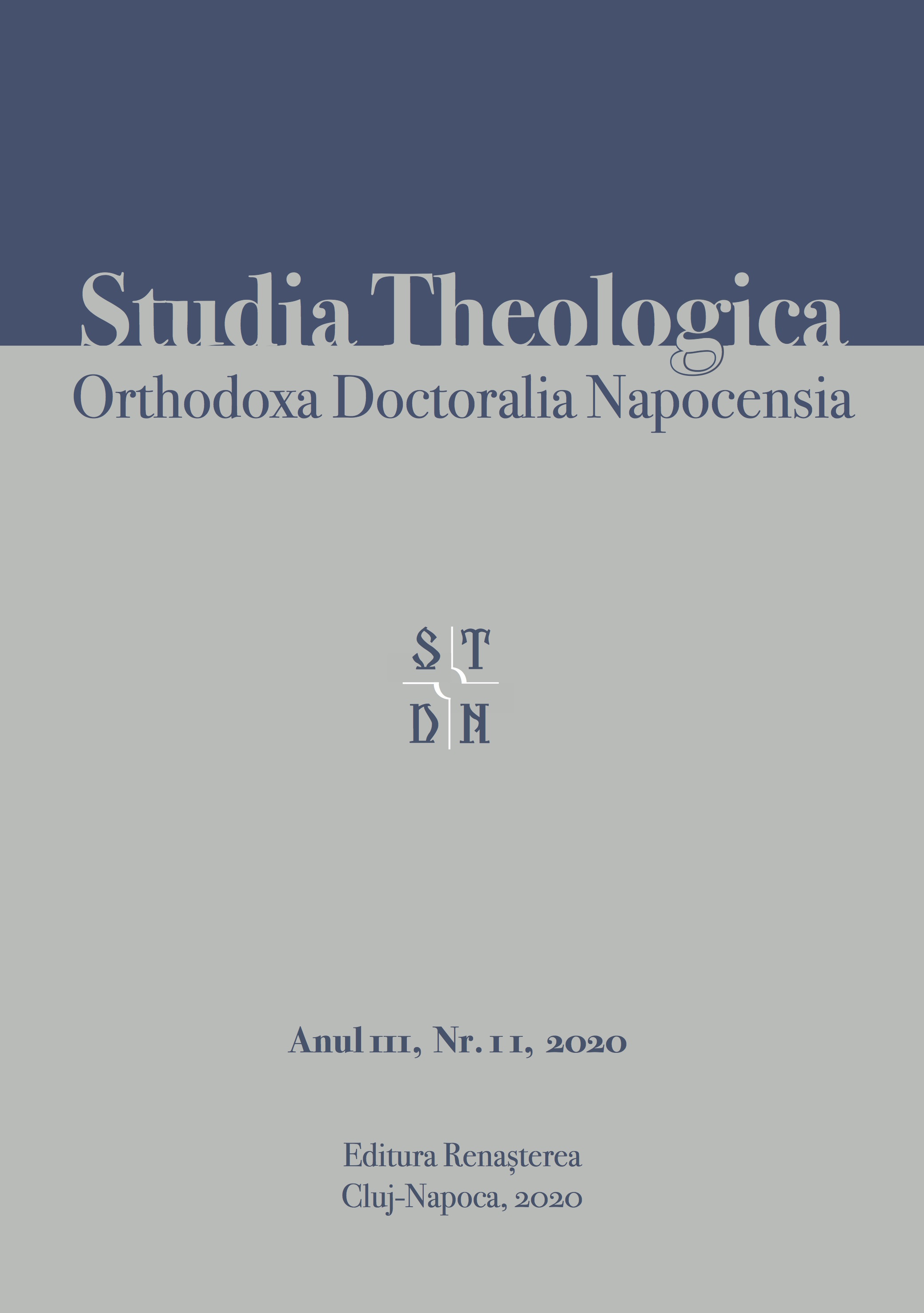Atitudinea faţă de neamuri în Vechiul Israel. Exclusivismul iudaic. Semnificaţii şi actualizare
Attitude toward Gentiles in Ancient Israel. Jewish exclusivism. Meanings and actualization
Author(s): Emanuel CasveanSubject(s): Christian Theology and Religion, Jewish studies, Theology and Religion, Biblical studies, Systematic Theology, Eastern Orthodoxy
Published by: EDITURA RENAȘTEREA
Keywords: Judaism; nation; terminology; Old Israel; Christianity;
Summary/Abstract: The history of Judaism teaches us that one faces a crisis best by devoting himself, even in the very heat of the crisis, to the permanent and enduring values of Judaism and mankind. For the very nature of a crisis is impermanence, transcience, an interruption in the normal development of mankind. The term Judaism, which implies a definable belief-system, has no real equivalent in the traditional vocabulary of the religion itself. Its widespread use in European languages owes largely to the encounter with Christianity, which attaches greater importance to creeds and doctrines. In Jewish tradition, theology and religious concepts rarely have been perceived as defining features. It is more accurate to employ the term Judaism in a broader cultural sense to denote the fulf range of religious expressions of the people of Israel. This usage correctly underscores the national character of the religion, ineftrica bly bound to historical experience, Without attaching disproportionate weight to its theological component. As we shall observe, Judaism contains a complex variety of elements, including law, ethics, morality, observances, worship, and beliefs. Technically, the word Judaism Iike its cognate terms Jew and Jewish—refers to a more narrowly defined time frame within the longer national history, commencing at the conclusion of the biblical era. Whereas earlier epochs had known of twelve tribes of Israel, or of the two rival monarchies of Judah and Israel, a sequente of conquests and exiles brought about a situation in which only a vestige of the original people , dominate by the anciend tribe of Judah and inhabiting its ancestral territory (Judea), was able to maintain its religious and cultural identity through subsquerit generations. In some recent scholarship and theological writing it has become common to restrict the use of Judaism to those manifestations that emerged after the Babylonian exile, as distrinct from earlier Israelite or Hebrew religion. We must take care not to construe this terminological preference as an assertion that the Judaism of the Second Temple was a new and original invention , unconnected to the religion of the Hebrew scriptures.
Journal: Studia Theologica Orthodoxa Doctoralia Napocensia
- Issue Year: 3/2020
- Issue No: 02
- Page Range: 92-106
- Page Count: 15
- Language: Romanian

